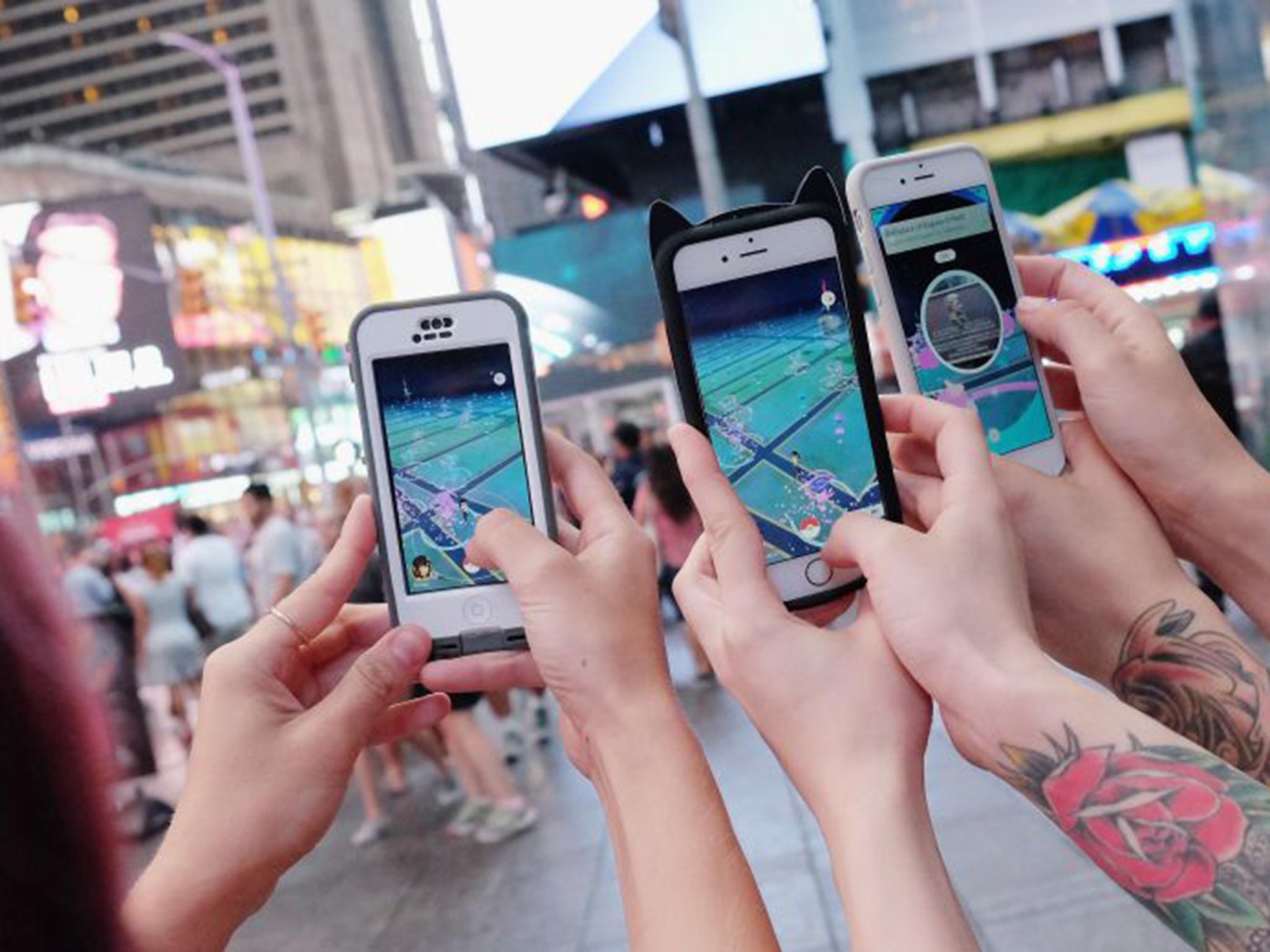Pokemon Go makers Nintendo, Niantic and The Pokemon Company face trespassing lawsuit
The lawsuit claims the defendants have shown a disregard for the consequences of populating the real world with virtual Pokémon

Your support helps us to tell the story
From reproductive rights to climate change to Big Tech, The Independent is on the ground when the story is developing. Whether it's investigating the financials of Elon Musk's pro-Trump PAC or producing our latest documentary, 'The A Word', which shines a light on the American women fighting for reproductive rights, we know how important it is to parse out the facts from the messaging.
At such a critical moment in US history, we need reporters on the ground. Your donation allows us to keep sending journalists to speak to both sides of the story.
The Independent is trusted by Americans across the entire political spectrum. And unlike many other quality news outlets, we choose not to lock Americans out of our reporting and analysis with paywalls. We believe quality journalism should be available to everyone, paid for by those who can afford it.
Your support makes all the difference.The makers of Pokémon Go are facing a lawsuit over players trespassing on private property while searching for creatures in the game.
Jeffrey Marder, a 61-year-old from West Orange, New Jersey, has filed a federal lawsuit claiming the game’s developer, Niantic, has made unauthorised use of his and other people’s property by locating PokéStops and Pokémon Gyms on private land, according to ABC News.
The lawsuit states that “during the week of Pokémon Go’s release, strangers began lingering outside of his home with their phones in hand,” and “at least five individuals knocked on [his] door and asked for access to [his] backyard in order to catch Pokémon.”
Mr Marder is seeking class action status for anyone who has had PokéStops and gyms placed on their property without permission.
Although he is the only person named as a plaintiff, the lawsuit states the number of people who may potentially be interested in suing “is uncertain and can only be ascertained through appropriate discovery”.
Both Nintendo and The Pokémon Company have also been named as defendants in the lawsuit due to their interest in the app.
It’s not the first time the augmented-reality app has caused controversy through its PokéStop locations. The U.S Holocaust Museum asked people not to play Pokémon Go during their visit, while the Hiroshima Peace Memorial Park and Auschwitz have asked to be removed from the app altogether.
Join our commenting forum
Join thought-provoking conversations, follow other Independent readers and see their replies
Comments